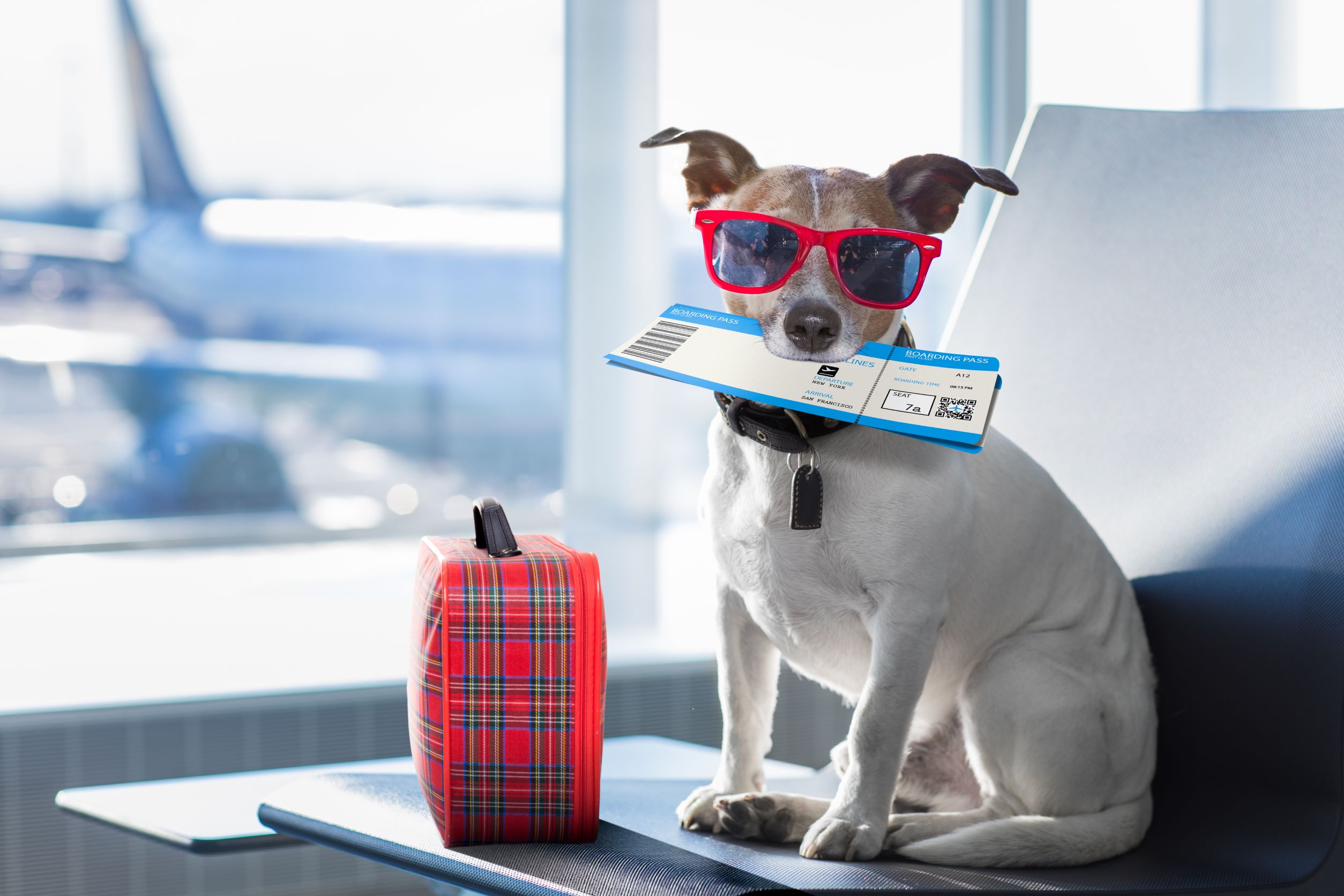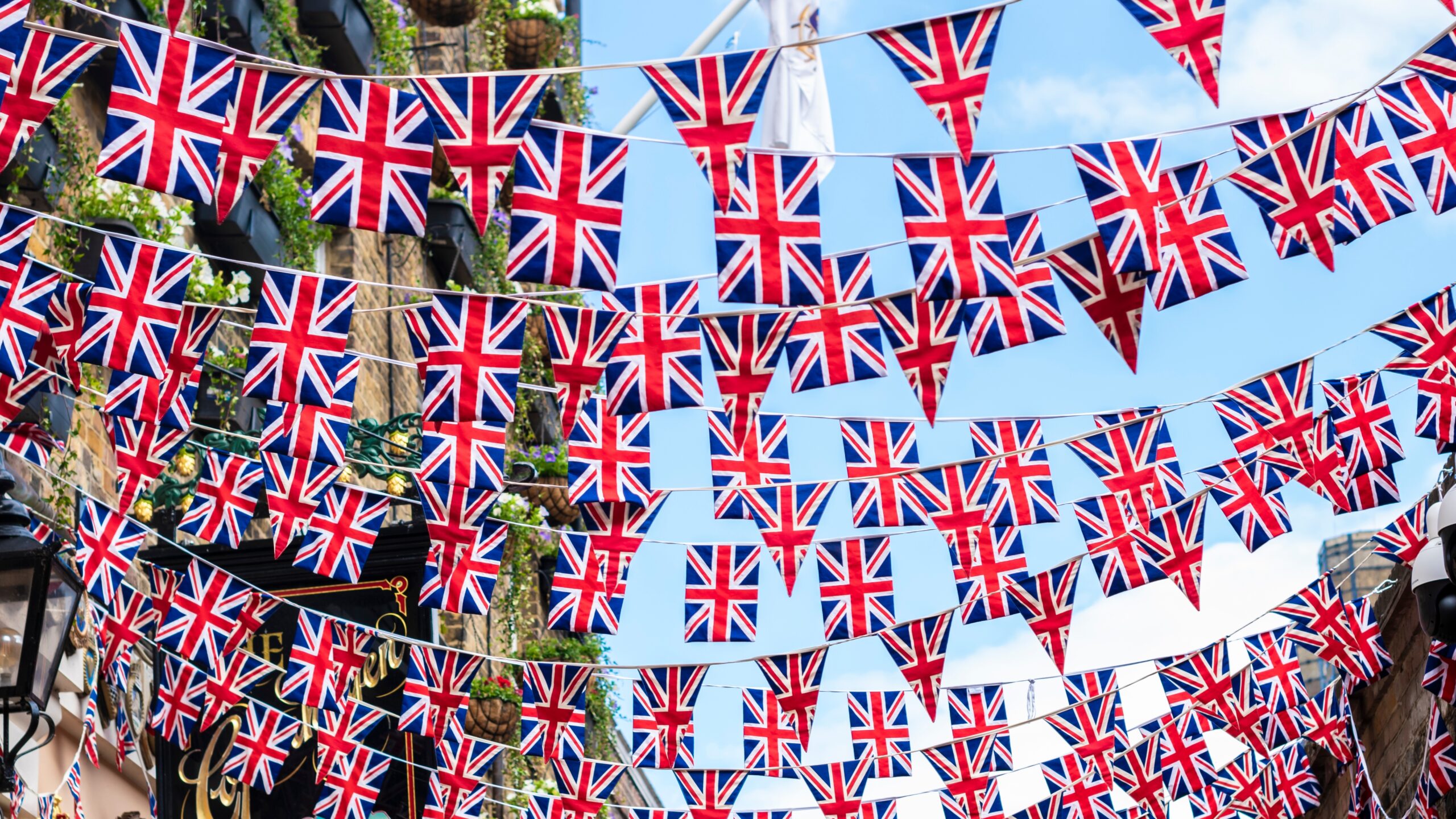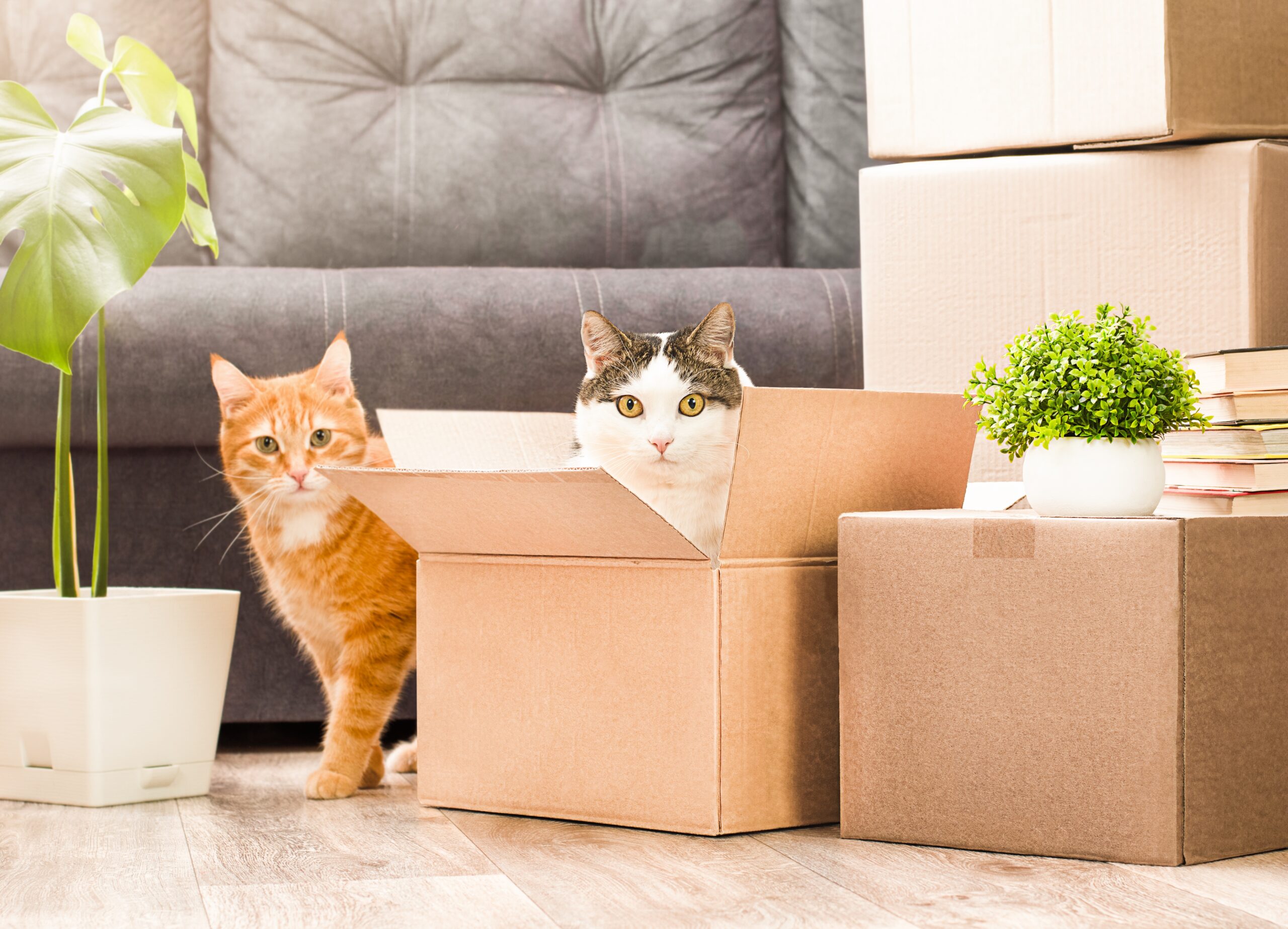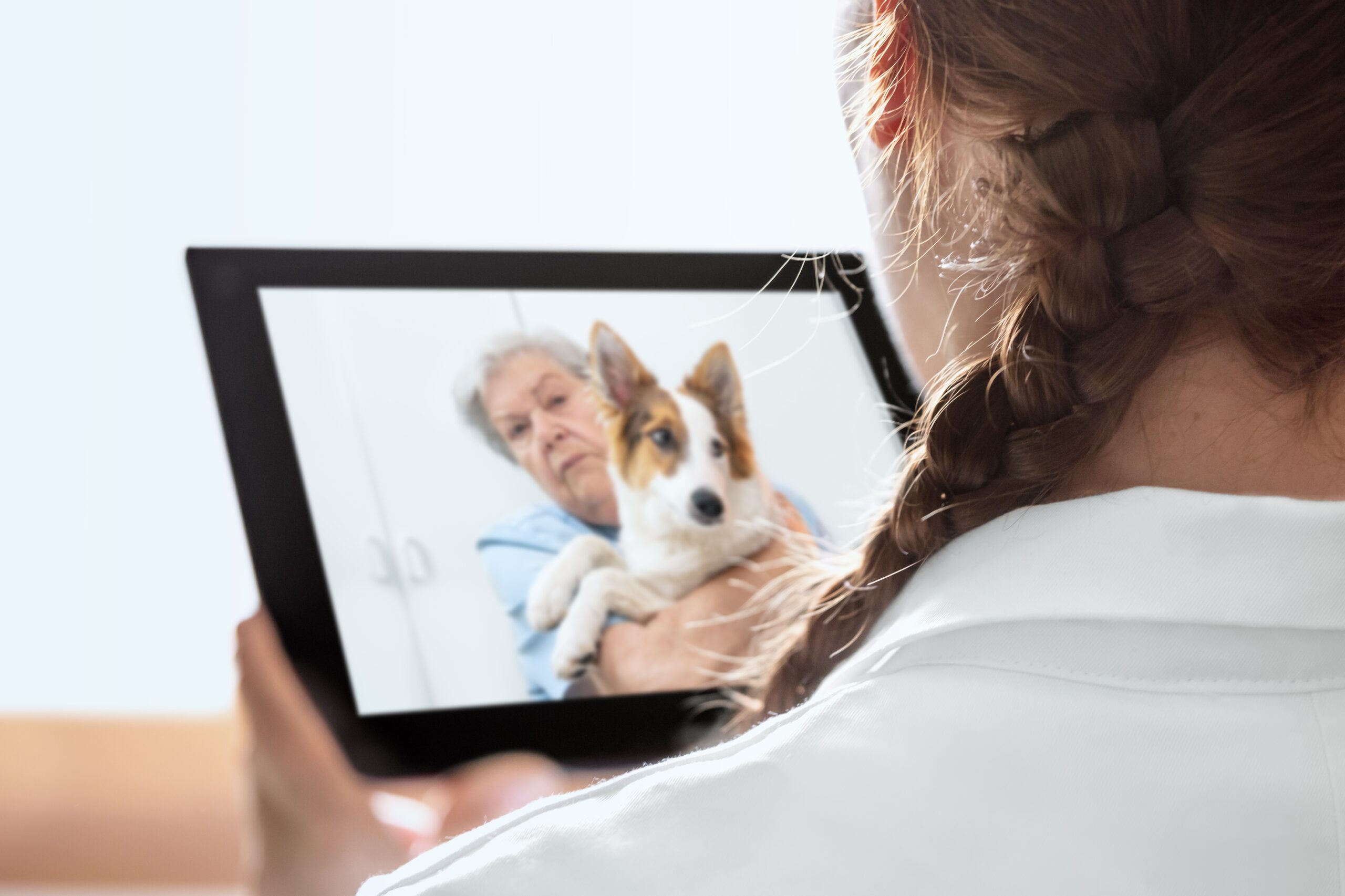Firework anxiety in cats – now is the best time to fix it
Several studies have been carried out, which suggest that between 46% and 75% of pets are frightened of Fireworks. Cats can demonstrate high levels of anxiety.
In nature, loud noises are often a sign of danger, so cats have evolved to be afraid of them. Cats also have a much better sense of hearing than us. Fireworks will be louder, and they will be able to hear them from much further away. Bright flashing lights can also upset your cat. With many displays often going on at once, it can be disorientating and frightening for pets. They cannot predict where the next noise will come from. Although primarily lit to celebrate bonfire night in the UK, fireworks are also used in Diwali, New Years and many wedding celebrations. This can make it much harder to predict when they may go off. This can be particularly stressful for owners if your cat reacts badly to them. There are ways to help or even prevent this fear which we will cover below.
How to tell if your cat fears fireworks
Whether your cat will show a “fight or flight” response, and the extent to which they will be affected will depend on their personality and their past experiences. If your cat has reacted to fireworks in the past, or is reactive to other loud noises (e.g., thunderstorms, lorries, etc), it is highly likely they will show a reaction again.
How might my cat react to the fireworks?
- Seeming startled by noises and running away
- Eating or drinking less than normal
- Toileting in the house
- Hiding or becoming withdrawn
- Excessive grooming
- Nervous or fearful body language – for example, the pupils may be large/dilated, and the cat’s ears may be turned out to the side or back. (Cats that are tense will dart their ears around listening to the various sounds around them.)
- Pacing, circling or seeming restless
How to help – Before the fireworks
If you have a new kitten, or a cat that has not experienced fireworks before then it is a really good idea to introduce them to the sound of fireworks in a calm and controlled manner. The sooner you can start this training the better. Ideally several months before they begin. It should be part of your kitten’s socialisation plan whilst they are between 2 and 8 weeks old. This would ideally be done by the breeder before you bring home your new kitten. It is also possible to do it once they are older too. There are many different desensitisation programs available online, but they all work in a similar way.
Desensitisation Tips
- Introduce the sounds when your cat is relaxed and calm. Your cat should barely be able to hear the sounds at first and shouldn’t react beyond an initial ear twitch. The sessions should be kept to one or two minutes at first. The volume should be kept the same for a few days. The aim is to build up to playing the sounds for five minutes at a time, several times each day.
- Increase the volume gradually once you are confident that your cat is not showing any reaction. Each increase in volume should only be slight and should then be kept at that level for a few sessions. This will allow your cat to get used to it again. Continue to increase the volume over another few days until it is at a moderate level.
- Introduce a toy or treats. Once your cat is happy listening to the sounds, you can give them a toy or a treat as soon you start the recording playing. This will help them to associate the noise of fireworks with a treat
- Keep going with the above steps until your cat is confident listening to the recording at a fairly loud volume. This can take weeks to months depending on the cat, but it is important to take your time and not try to hurry the process. If your cat starts to seem concerned by the noise, or stops eating/playing to listen to it, then reduce the volume again to the level they were previously happy with. Once they have had another few sessions at this level then you can try increasing the volume again.
If your cat has an existing fear of fireworks, speak to one of our Registered Veterinary Nurses or discuss this with your vet or behaviourist.
Top Tip
In the lead up to fireworks night, it is also important to ensure that all microchip details are up to date. Frightened cat’s may run away to try and hide so be sure to keep your pets safely inside and check that your house is secure.
If your cat still reacts badly to the fireworks this season, then further help may be required from a veterinary professional or a behaviourist. It is always better to prepare for fireworks as early as possible, so it may be worth looking into noise desensitisation training with them straightaway, with the hope that they will be more relaxed next year. Although fireworks can be a source of fear and distress for a lot of cats, with planning and training, it is possible to improve things for most pets.





